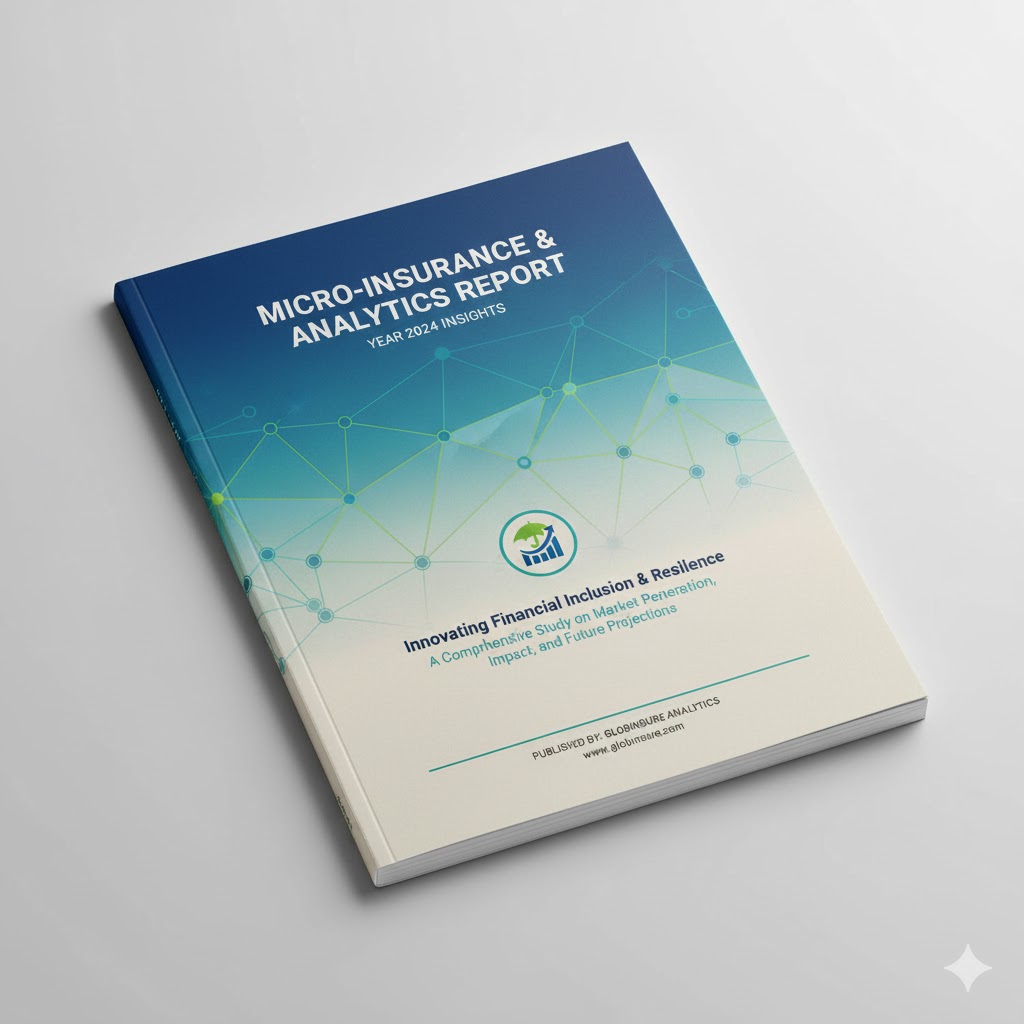Displaying 1 - 6 of 6

Case Brief: Field Accident Insurance - PROFIN Foundation
Since 2018, Bolivia's PROFIN Foundation has offered a unique sport accident insurance for amateur football players with no medical coverage. The product is distributed through sports associations and covers players' injuries during official matches. Today it protects over 9,000 players, and has prompted other insurers in Bolivia to develop similar offerings.
Date Issued
2020
Topics
Products

DeRisking coffee in Vietnam: Piloting a Coffee Climate Protection Insurance scheme to enhance the capacity of smallholders and agribusinesses in coping with climate variability and change
Vietnam's Central Highlands – the world's largest Robusta coffee region – remains one of the country's poorest areas and is highly vulnerable to climate shocks. To build farmers' resilience, a Coffee Climate Protection Insurance (CCPI) pilot is providing smallholder coffee farmers with index-based insurance against drought, excessive rainfall, and extreme temperature, coupled with climate-informed agro-advisory services.
Date Issued
2022
Topics
Products
Region

Making climate risk microinsurance work. Case Study: Kenya Agriculture Insurance Program (KAIP) with APA, Kenya
Information on the Kenya Agriculture Insurance Program developed in partnership with APA Insurance. The overview includes pricing structures, government subsidy mechanisms, challenges in implementation, delivery models, and overall performance metrics. The case outlines key lessons learned from executing a national climate risk microinsurance scheme in a Sub-Saharan African context and provides insight into scaling agricultural resilience through public-private collaboration.
Date Issued
2021
Topics
Region

MiCRO / SBS / Bancamía – Boosting Resilience for Microentrepreneurs
In 2019, MiCRO and SBS Seguros, in partnership with Bancamía, launched "My Protected Investment", a microinsurance product for SMEs that combines index-based and traditional coverage. Three years after Colombia's first parametric insurance launch, the initiative had already reached almost 120,000 low-income beneficiaries, providing protection against hazards such as excess rain, drought, and earthquakes, while expanding access to underserved urban and rural clients.

WFP Nicaragua – Insurance and Social Protection: A Key Tool to Increase Resilience and Food Security in Nicaragua
WFP Nicaragua implemented a risk-layered insurance approach through the R4 Rural Resilience Initiative and sovereign CCRIF coverage.
Date Issued
2023
Topics

World Food Programme's Sahel Climate Catastrophe Layer
The document describes the Sahel Climate Catastrophe Layer (SCCL) by the World Food Programme (WFP), a parametric insurance covering vulnerable populations against extreme droughts in Burkina Faso, Mali, and Niger. The initiative enables rapid, pre-financed disaster response, complements national risk financing tools, and strengthens regional climate resilience.
Date Issued
2025
Topics
Region
